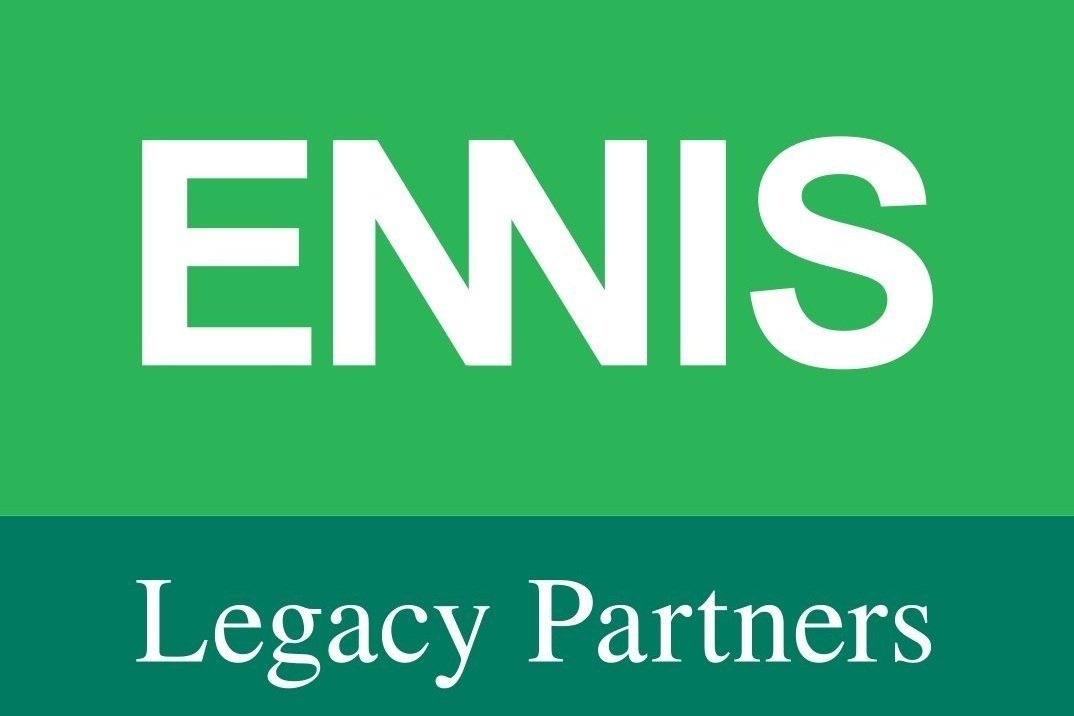Fidelity Investments is an international brand and one of the most valuable privately held businesses in the world.
Founded in 1946, Fidelity Investments celebrated 75 years of business in 2021. Through their 52,000-plus associates and global presence, they serve 40 million individual investors, manage employee benefit programs for nearly 23,000 businesses, and support more than 3,600 advisory firms with investment and technology solutions. Since its inception, Fidelity has experienced consistent and impressive growth.
I was privileged to work at Fidelity in the 90s and early 2000s, and it was there where I first became familiar with the term “Kaizen”. Kaizen is a Japanese concept of incremental and continual improvement in the management of an organization and was a Fidelity core value consistently communicated by then Chairman Edward C. Johnson III.
“Throughout Fidelity’s long history of growth, our dual commitments to our customers and to innovation have served us well,” Johnson III said in the memo. “By investing in technology and using the Kaizen method of continuous improvement, we have built a strong brand, industry-leading positions, and multiple profitable businesses.” - Quote from CNBC publication*.
Innovation and continual improvement historically have been well anchored throughout the ever-growing Fidelity complex by senior and middle management, guiding business initiatives, operations, training, etc. In his book, Rethinking Competitive Advantage, author and consultant Ram Charan provides an example. During a Sunday afternoon conversation with Mr. Charan in 2014, Kathy Murphy, then President of Fidelity’s Personal Investment unit, was “spurred with a sense of urgency to make the kind of radical changes very few legacy companies attempt, let alone succeed at.” Charan goes on to describe how (after she “mustered the courage”) Murphy proceeded in digitally transforming the organizational structure and culture so that Fidelity PI now runs as if it were always a digital company. This is the kind of continual and incremental improvement that has characterized Fidelity throughout its history resulting in huge value for all stakeholders (family/owners, shareholders, customers, employees, etc., etc., etc.).
Do you want to accelerate the value of your small business? Adopt Kaizen.
In our work with small business owners, we have observed that those who have a core value of incremental and continual improvement (Kaizen), are the most successful in growing and exiting their businesses. They have better financial performance, management, systems, and prospects for growth and hence more valuable businesses. And, those owners who have a valuable sellable business, also enjoy more options for their eventual exit. So, if you want to enjoy life in the business, and exit on your own terms and conditions, be like Fidelity Investments and adopt Kaizen.
Invest 12-15 minutes in the FREE ExitMap® Assessment and get a 12-page report scoring you in four key exit planning areas: Finance, Planning, Revenue/Profit, and Operations.
* PUBLISHED MON, NOV 21 20164:35 PM ESTUPDATED MON, NOV 21 20167:23 PM EST

